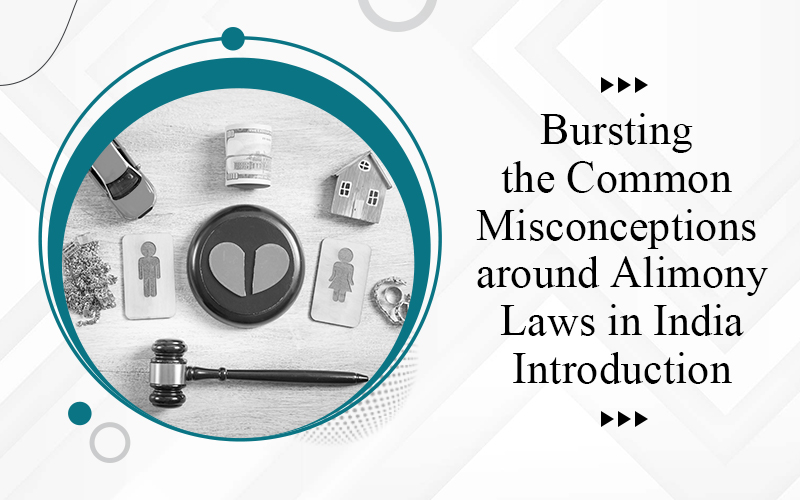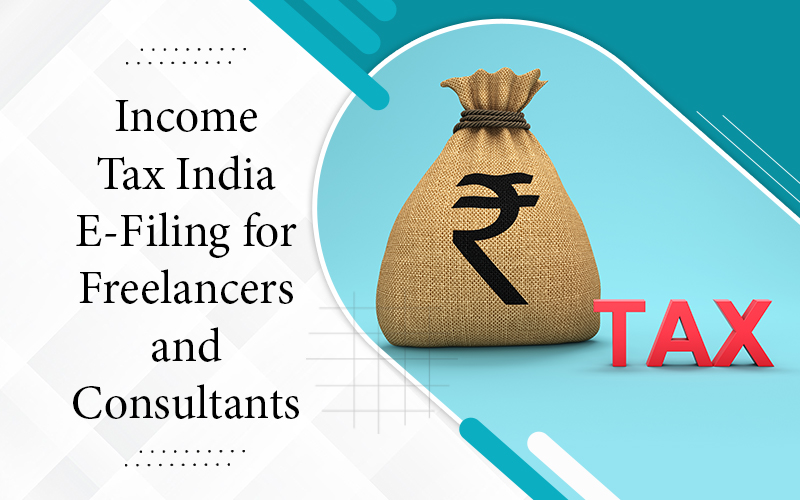Meaning of traffic rules
Traffic rules are a set of regulations and guidelines established by governmental authorities to ensure the safe and orderly movement of vehicles, pedestrians, and other road users on the streets, roads, and highways. These rules are designed to prevent accidents, reduce congestion, and promote a smooth flow of traffic. Traffic rules cover various aspects of road use, including the behaviour of drivers, pedestrians, and cyclists, as well as the operation of vehicles and the use of road infrastructure. Legal rights on traffic rules vary from country to country, as traffic laws are established and enforced by local or national authorities.
Legal Rights on Traffic Rules in India
- Right to Due Process: If issued a traffic ticket or citation, individuals have the right to due process, which includes the right to challenge the ticket in court. This involves presenting evidence, cross-examining witnesses, and having a fair hearing.
- Right to Be Informed: If stopped by a traffic police officer, you have the right to know the reason for the stop, the alleged violation, and the procedure that will follow.
- Right to Remain Silent: Similar to other legal situations, individuals have the right to remain silent and not incriminate themselves when dealing with traffic violations. However, you must provide your driver’s license, vehicle registration, and other required documents.
- Right to Appeal: If you believe a traffic ticket or fine is unjustly issued, you have the right to contest it by following the appropriate legal procedures. This might involve appealing to higher authorities or courts.
- Right to Evidence: Individuals have the right to request and examine the evidence against them, which may include radar gun calibration records or surveillance footage.
- Right to Legal Representation: In more serious cases, individuals have the right to seek legal representation when dealing with traffic violations. This can be especially important when facing potential criminal charges.
- Right to Know Penalty Amount: If issued a traffic ticket, you have the right to know the exact amount of the fine and the payment process.
- Right to Record: You have the right to record interactions with law enforcement officers, as long as you do not interfere with their duties. Recording can serve as evidence if there are disputes later.
- Right to Non-Discrimination: Law enforcement officers must not discriminate based on factors such as gender, religion, caste, or ethnicity.
- Right to Know Identity: You have the right to ask for the identification and badge number of the law enforcement officer conducting the stop or issuing a citation.
- Right to Medical Assistance: If you’re involved in an accident, you have the right to medical assistance, and law enforcement should ensure immediate medical aid is provided.
Powers of traffic police officer in India
Traffic police officers in India are authorized to enforce traffic laws, maintain road safety, and ensure the smooth flow of traffic. Their powers and responsibilities are outlined in various laws and regulations, including the Motor Vehicles Act, 1988, and state-specific traffic regulations. Some of the key powers and responsibilities of traffic police officers in India:
- Traffic Regulation and Enforcement: Traffic police officers have the authority to regulate and enforce traffic rules and regulations. They can stop vehicles, check documents, and issue fines or penalties for various traffic violations, such as speeding, improper parking, not wearing seat belts, and using mobile phones while driving.
- Direction and Control of Traffic: Traffic police officers direct and control the movement of vehicles and pedestrians at intersections, junctions, and busy roads. They use hand signals, traffic cones, and traffic lights to manage traffic flow and prevent congestion.
- Issuing Challans (Traffic Tickets): Traffic police officers can issue challans (traffic tickets) for violations they observe. These challans serve as official notices of the traffic offense committed and specify the fine amount and the violation code.
- Impounding and Towing Vehicles: In cases of severe violations or when a vehicle poses a danger to others, traffic police officers may impound or tow the vehicle to an impound lot. This is often done for offenses like drunk driving or driving without valid documents.
- Checking Documents: Traffic police officers can stop vehicles to check for valid documents, including the driver’s license, vehicle registration certificate, insurance certificate, and pollution under control (PUC) certificate.
- Accident Management: Traffic police officers are often the first responders at the scene of accidents. They are responsible for managing the scene, providing immediate assistance to the injured, arranging for medical help, and clearing the road to restore traffic flow.
- Road Safety Education: Traffic police officers play a role in educating the public about road safety. They may conduct awareness campaigns, workshops, and seminars to promote safe driving practices and pedestrian awareness.
- Vehicle Inspection: Traffic police officers may conduct vehicle inspections to ensure that vehicles are in compliance with safety and emission standards.
- Crackdown on Drunk Driving and Rash Driving: Traffic police officers have the authority to conduct sobriety tests and checks for drunk driving. They also have the power to detain individuals for reckless or dangerous driving.
- Traffic Control at Events: During public events, festivals, rallies, and processions, traffic police officers manage traffic diversions and ensure the safety of participants and the general public.
Traffic law in India
Traffic laws in India are governed by the Motor Vehicles Act, 1988, along with various state-specific rules and regulations. These laws are designed to ensure road safety, regulate traffic, and promote responsible driving behaviour. Some key aspects of traffic laws in India are:
- Driving Age and License: The legal driving age in India is 18 for private vehicles and 20 for commercial vehicles. A valid driver’s license is required to operate a vehicle on the road.
- Traffic Signals and Signs: Drivers are required to obey traffic signals, signs, and road markings. Failure to do so can result in fines and penalties.
- Speed Limits: Speed limits are set for different types of roads and areas. Drivers must adhere to these limits to ensure road safety.
- Seat Belts and Helmets: Seat belts are mandatory for both the driver and passengers in vehicles equipped with them. Helmets are required for two-wheeler riders.
- Drunk Driving: Driving under the influence of alcohol or drugs is strictly prohibited. There are legal limits for blood alcohol concentration (BAC), and violations can result in fines, license suspension, and even imprisonment.
- Mobile Phone Use: Using mobile phones while driving is generally prohibited unless using a hands-free device.
- Overtaking Rules: Overtaking should be done safely, adhering to road markings and signals. Overtaking is not allowed near intersections, pedestrian crossings, curves, and other restricted areas.
- Right of Way: Vehicles must yield the right of way to emergency vehicles, pedestrians, and vehicles with the right of way at intersections.
- Parking Regulations: Parking rules vary by location, and vehicles should be parked only in designated areas. Illegal parking can lead to fines and towing.
- Horn Usage: Excessive and unnecessary use of horns is discouraged, especially in no-honking zones.
- School Bus Regulations: Vehicles must stop when a school bus is picking up or dropping off children. Violating this rule can result in penalties.
- Third-Party Insurance: Every vehicle must have a valid third-party insurance policy to cover liability in case of accidents.
- Rash and Negligent Driving: Dangerous driving behavior, such as overspeeding, reckless driving, and zigzagging, is prohibited and can result in fines and penalties.
- Hit and Run: Drivers involved in accidents are required to stop, provide assistance to the injured, and report the incident to the nearest police station.
- Using Seat Belts and Child Restraints: Child passengers must be secured in appropriate child safety seats, and drivers and passengers must wear seat belts at all times.
Conclusion
Traffic rules are crucial for maintaining road safety and preventing accidents. Violating these rules can result in fines, penalties, points on your driving record, and even suspension of driving privileges. It’s important to familiarize oneself with the specific traffic rules and regulations in your area to ensure safe and legal road use.




